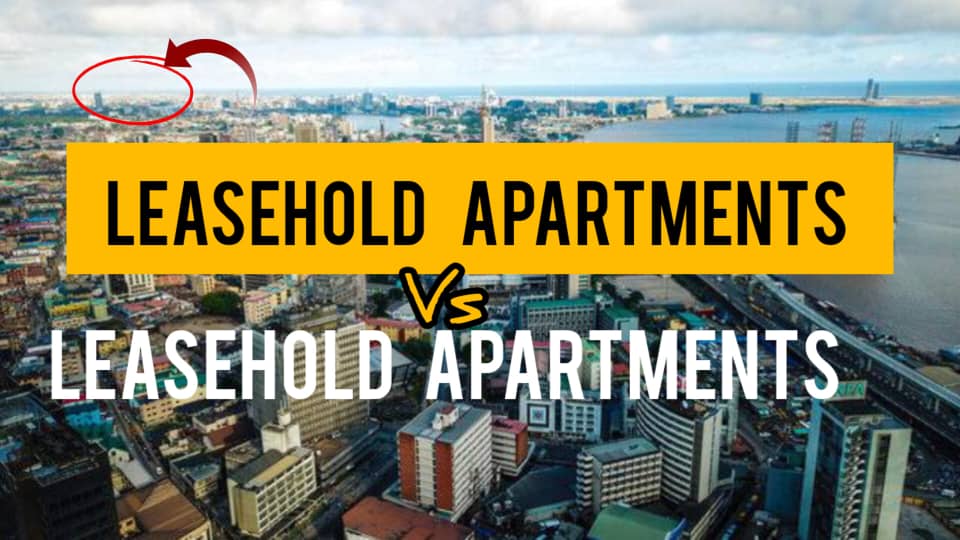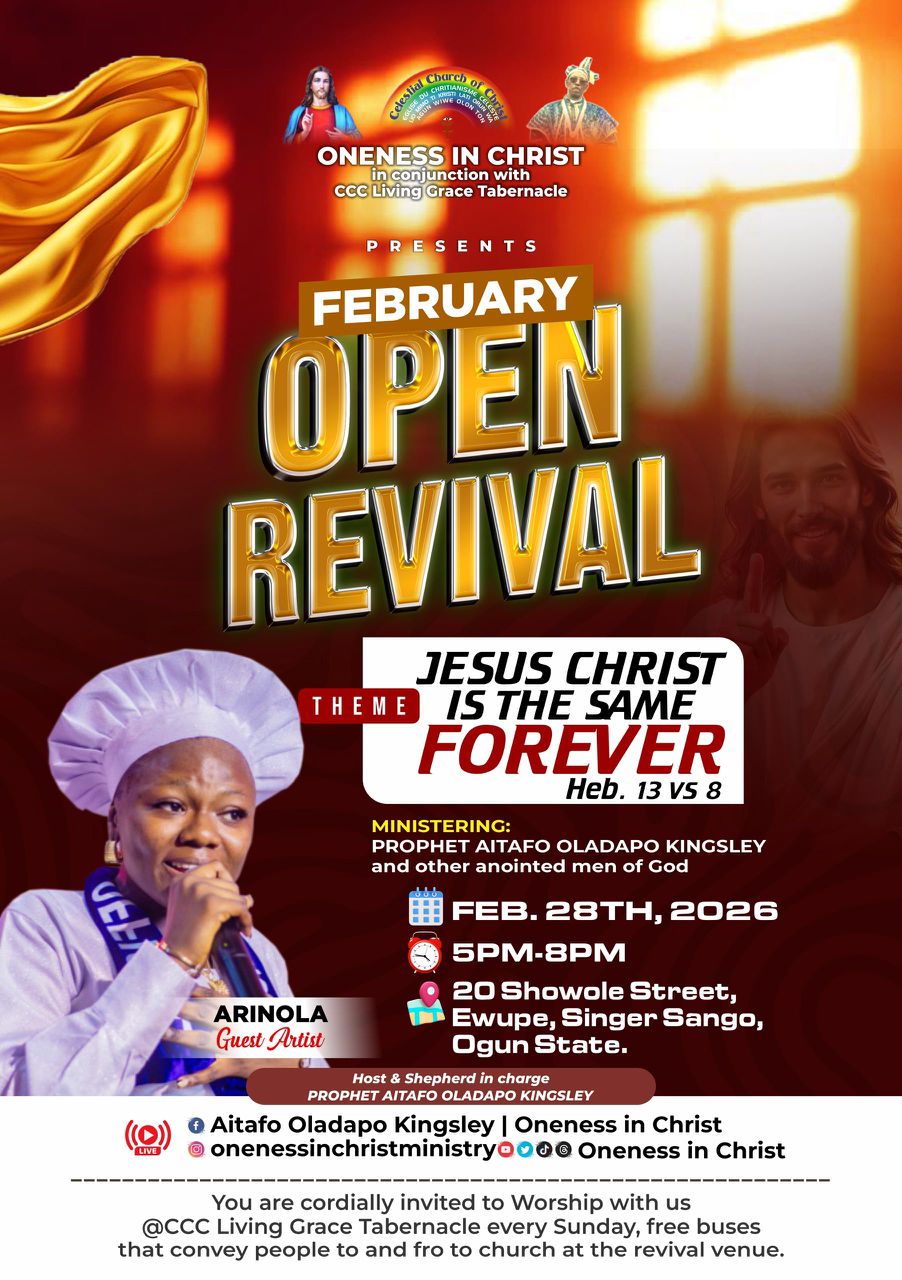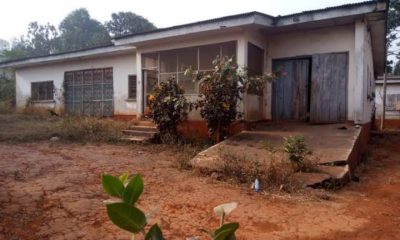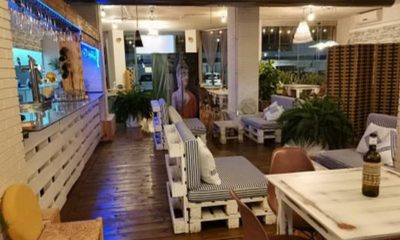news
Understanding the Differences: Leasehold vs. Full Ownership Apartments by Dennis Isong

Understanding the Differences: Leasehold vs. Full Ownership Apartments by Dennis Isong
Sahara Weekly Reports That When it comes to purchasing property, one of the fundamental decisions that prospective buyers must make is whether to opt for a leasehold or full ownership apartment. Each type of ownership has its own set of advantages and drawbacks, catering to different preferences, financial situations, and long-term goals.
Leasehold Apartments:
In the heart of Lagos, where the pulse of the city reverberates through its streets, people and businesses, the concept of leasehold unfolded in the neighborhood of Victoria Island. This vibrant area, known for its mix of commerce and culture, became the backdrop for a story that unfolded at the crossroads of tradition and urban development in real estate.
Ade is a savvy entrepreneur with dreams of establishing a trendy cafe along the bustling waterfront. Eager to realize his vision, Ade explored the world of leasehold agreements, a path that offered him access to prime real estate without the hefty burden of outright ownership.
Ade found a property owned by a longstanding family in Victoria Island. The family, hesitant to sell their ancestral land, opted for a leasehold arrangement that would allow Ade to operate his cafe while preserving the family’s connection to the place that held generations of memories. Ade transformed the space into a hub for creativity and conversation. Meanwhile, the family retained a sense of ownership, participating in the cafe’s success while maintaining the historical significance of their land.
The neighborhood, once accustomed to traditional ownership models, began to witness the harmonious coexistence of progress and heritage. The leasehold, in this corner of Lagos, became a bridge between entrepreneurial aspirations and the rich family history. Ade’s cafe, with its leasehold roots, became a symbol of innovation and collaboration. It stood as a testament to the adaptability of Lagos, where the spirit of entrepreneurship could flourish without severing ties to the past. The story of Ade’s cafe echoed through the vibrant streets, showcasing how leasehold arrangements could weave a story of continuity and change in the dynamic fabric of Lagos.
Leasehold apartments involve the buyer acquiring the right to use the property for a specified period, typically ranging from 99 to 999 years. However, the land on which the property is built remains owned by a landlord or freeholder.
In a leasehold arrangement, the buyer essentially leases the property from the freeholder. This means that while they have the right to occupy and use the space, they do not own the land beneath it.
Leaseholders are often required to pay ground rent and service charges to the freeholder. Also, there may be restrictions on making alterations to the property, and obtaining permission may involve additional costs.
The finite nature of the leasehold means that buyers should be aware of the remaining lease duration. As the lease term diminishes, the property’s value may decrease, potentially impacting resale value.
Full Ownership Apartments:
Sometimes ago in Ikoyi, Lagos, a story unfolded that captured the essence of full ownership in real estate. Ngozi is a successful businesswoman with a vision of creating a haven of comfort and elegance for her family. Drawn to the serenity of Ikoyi, she embarked on a journey for a residence that would reflect her aspirations. Ngozi came across a penthouse in Azure Heights. The process of acquiring the property involved careful legalities and paperwork, but as Ngozi received the keys to her penthouse, a profound sense of ownership and accomplishment washed over her. The expansive living room, adorned with floor-to-ceiling windows framing panoramic views of the Lagos skyline, became a canvas for her dreams. As Ngozi settled into her new home, she felt a deep connection to the Ikoyi neighborhood. Azure Heights, with its full ownership model, allowed her to not only enjoy the lavish amenities within the building but also embrace the exclusivity of belonging to one of Lagos’s most coveted addresses. Ngozi’s apartment became a symbol of personal achievement, a testament to the possibilities that awaited those who aspired to own a piece of Lagos’s dynamic real estate.
Full ownership, also known as freehold, grants the buyer complete ownership of both the property and the land it stands on. This type of ownership provides greater autonomy and fewer restrictions compared to leasehold.
Full ownership apartments mean that the buyer has control over the property in perpetuity. This includes the freedom to make alterations, additions, and decisions without seeking permission from a landlord.
Unlike leasehold properties, full ownership does not typically involve paying ground rent to a landlord. However, owners are responsible for all maintenance and repair costs, which can be both a benefit and a challenge depending on the individual’s preferences and financial capacity.
Full ownership is often seen as a more secure investment in the long run. The absence of a lease term expiration provides stability, and the property is likely to appreciate over time.
Conclusion
The decision between leasehold and full ownership often hinges on financial considerations. Leasehold properties may have a lower initial cost, but the long-term expenses, such as ground rent and service charges, should be factored in.
Individuals who value autonomy and control over their living space may find full ownership more appealing. On the other hand, leasehold may suit those who prefer a hands-off approach to property management.
Buyers should carefully assess the resale and investment potential of each type of ownership. Full ownership is often considered a safer bet in terms of long-term value, but leasehold properties can still be lucrative if managed wisely.
Dennis Isong is a TOP REALTOR IN LAGOS.He Helps Nigerians in Diaspora to Own Property In Lagos Nigeria STRESS-FREE. For Questions WhatsApp/Call 2348164741041
news
Journalists for Good Governance Shines Searchlight on Local Government Administration

Journalists for Good Governance Shines Searchlight on Local Government Administration
…Calls for Accountability in Nigeria’s Grassroots Governance
LAGOS, Nigeria — A civil society coalition known as Journalists for Good Governance(JGG) has intensified public debate on transparency and accountability within Nigeria’s local government system, urging media professionals, civil society actors, and citizens to hold grassroots leaders accountable.
Speaking an event in Lagos recently, the acting chairman of the society, Comrade Bunmi Obarotimi said that despite reforms such as the Supreme Court’s 2024 ruling granting financial autonomy to all 774 Local Government Areas (LGAs), systemic challenges continues to hinder effective service delivery and responsible stewardship of public funds.
“Local governments are the closest tier of government to the people — yet too often they remain the least transparent. Without civic oversight and vibrant media, promises of autonomy ring hollow.” the acting chairman said.
The Journalist for Good Governance emphasised crucial roles that journalists can play in uncovering discrepancies in council spending, flagging poor service delivery, and educating citizens on their rights. Their call comes amid wider efforts by media and civic organisations to bridge accountability gaps. The civil society initiatives had previously launched monitoring campaigns to track local government expenditures and have been quietly advocating for transparency in how public money is deployed.
The leaders of the Journalists for Good Governance (JGG) highlighted the importance of physical assessment and citizens engagement on projects to boost people’s confidence, urging local councils to adopt open data platforms and proactive information dissemination in compliance with the Freedom of Information Act. Experts say the majority of LGAs currently lack operational websites or digital portals, further limiting public scrutiny.
The Journalists for Good Governance initiative aligns with sustained advocacy by civil society groups and governance experts calling for a collective approach to strengthening democratic accountability, and has decided to engage in critical and holistic assessments of how Local Governments is being run and the impact and quality of projects they embark-on and to address deficits in transparency and public trust.
Meanwhile, some state governments have signalled support for improved community engagement. In Lagos State, authorities reiterated a commitment to enhancing community media platforms as vehicles for civic participation and accountability at the grassroots level.
The renewed spotlight on local government administration has reignited public debate over fiscal responsibility and priorities. Controversies such as the widely criticised Adamawa council chairmen’s wives trip to Istanbul — which drew public outrage for perceived misuse of public funds — underscore why watchdog groups say stronger oversight mechanisms are urgently needed at the grassroots.
Citizens and activists have welcomed the journalists’ initiative, calling for sustained media engagement that goes beyond headlines to influence policy and accountability reform.
The civic rights advocates note that real change will require robust legal frameworks, a free press, and empowered communities equipped to demand transparency at every level of governance.
As Journalists for Good Governance mobilises its members, the coming months are likely to see heightened media attention on grassroots administration — from council budgets and service delivery to the enforcement of public information laws and digital transparency initiatives.
news
ANOTHER PROPHECY FULFILLMENT BY PROPHET KINGSLEY AITAFO OVER THE EXIT OF DR. KENOLY, ANNOUNCING FEBRUARY’S OPEN PROPHETIC REVIVAL

ANOTHER PROPHECY FULFILLMENT BY PROPHET KINGSLEY AITAFO OVER THE EXIT OF DR. KENOLY, ANNOUNCING FEBRUARY’S OPEN PROPHETIC REVIVAL
– Another Prophecy Fulfillment by Prophet Kingsley Aitafo Following the Passing of Ron Kenoly Ahead of February Open Prophetic Revival
– Prophet Kingsley Aitafo Records Another Prophecy Fulfillment as February Open Prophetic Revival Is Announced
In the released prophecies for 2026, renowned Nigerian cleric, Prophet Kingsley Aitafo, shared a series of revelations touching on Nigeria’s economy, global events, political transitions, natural disasters, religious transformations, and the future of world leaders.
During a special prophetic session, the prophet stated that he foresaw the departure of two world-renowned musicians in 2026 and urged the Nigerian people and the global community to pray for them.
He urged Nigerians and everyone around the globe to pray for the musicians, among other prophecies, and already gave insight concerning them.
On February 3, 2026, American gospel singer, songwriter, and worship leader Ron Kenoly passed away at the age of 81. Widely known as the “Professor of Praise,” Kenoly was celebrated for anthems such as “Majesty” and “Lift Him Up,” which have significantly influenced modern congregational worship around the world.
He was recognized as a pioneer of the contemporary praise and worship movement, leading Scripture-based worship services that became widely adopted in churches across different nations and cultures.
The development has been described by followers of Prophet Kingsley Aitafo as a confirmation of the prophecy earlier declared in the year.
Meanwhile, Prophet Kingsley Aitafo, leader and shepherd in charge of Oneness in Christ, in conjunction with CCC Living Grace Tabernacle, invites everyone to its February Open Revival. It is a prophetic service determined to change lives through miracles, healings, signs, and wonders.
It is not an ordinary service; it is another time for a divine encounter where your faith is strengthened, prayers are answered, and breakthroughs and favour are about to rain. With its theme — Jesus Christ is the same forever — the revival is promised to release the power of Jesus Christ like never before. It is a period of shift and divine encounter.
This revival service is said to hold on the 25th of February, 2026, from 5pm – 8pm at 20, Showole Street, Ewupe, Singer Sango, Ogun State.
It is a season where God is ready to reveal Himself like never before. Members of the public are invited to attend.
news
GEN CHRISTOPHER GWABIN MUSA SUPPORT INITIATIVE COMMENDS STATE-FEDERAL COLLABORATION IN ZAMFARA

GEN CHRISTOPHER GWABIN MUSA SUPPORT INITIATIVE COMMENDS STATE-FEDERAL COLLABORATION IN ZAMFARA
The Gen Christopher Gwabin Musa Support Initiative (GCGMSI) has commended the Zamfara State Government for its decisive contribution to security operations through the donation of newly acquired armoured personnel carriers (APCs), surveillance drones, and other critical operational equipment to troops and security agencies in the state.
This commendation was contained in a statement signed by the Convener of the GCGMSI, Ibrahim Dahiru Danfulani, Sadaukin Garkuwan Keffi/Betara Biu, and made available to the press.
The equipment was formally commissioned on Wednesday, February 18, by the Grand Patron of the GCGMSI and Minister of Defence, General Christopher Gwabin Musa, OFR (rtd.), in a ceremony at the Government House, Gusau. The event was attended by senior military officers, heads of security agencies, and top officials of the Zamfara State Government.
The GCGMSI, in its statement, hailed the donation as a “transformative and timely intervention” that aligns perfectly with its core objective of advocating for and supporting tangible measures that enhance the operational capacity and welfare of Nigeria’s security forces. The Initiative praised Governor Dauda Lawal’s administration for moving beyond rhetoric to actionable, material support, describing the move as a “blueprint for state-level collaboration in national security.”
“The provision of these assets by the Zamfara State Government is a testament to visionary leadership and a profound commitment to the peace and stability of its people,” the GCGMSI statement read. “It represents the exact kind of synergistic partnership between state and federal authorities that the GCGMSI champions. This initiative will significantly close operational gaps, boost the confidence of our gallant troops, and send a strong message to criminal elements.”
Speaking at the commissioning, General Musa emphasized that sustained collaboration is indispensable in confronting the nation’s evolving security challenges. He specifically commended Governor Lawal for his proactive support.
“Governor Dauda Lawal has demonstrated exemplary leadership and an unwavering dedication to the security of Zamfara State,” the Defence Minister stated. “The provision of these armoured vehicles, surveillance drones, and other operational equipment will undoubtedly boost the morale and operational effectiveness of our troops and other security agencies on the ground. This is a commendable effort that should be emulated by others.”
The newly commissioned assets, which include multiple APCs and advanced surveillance drones, are expected to dramatically enhance the mobility, protection, intelligence-gathering, and rapid response capabilities of security forces, particularly in the state’s remote and difficult terrains where anti-banditry operations are ongoing.
In his remarks, Governor Lawal reiterated his administration’s steadfast commitment to being a reliable partner in the security architecture. He urged security agencies to deploy the new resources responsibly and effectively to safeguard lives and property.
The Federal Government, through the Ministry of Defence, reaffirmed its commitment to continuing and deepening such partnerships with state governments across the nation to strengthen coordination and resource allocation in the collective fight against insecurity.
The GCGMSI concluded its statement by urging other state governments to take a cue from Zamfara’s “bold and pragmatic” approach, affirming that such concrete support is vital for achieving lasting peace and security across Nigeria.
-

 celebrity radar - gossips6 months ago
celebrity radar - gossips6 months agoWhy Babangida’s Hilltop Home Became Nigeria’s Political “Mecca”
-

 society6 months ago
society6 months agoPower is a Loan, Not a Possession: The Sacred Duty of Planting People
-

 society5 months ago
society5 months agoReligion: Africa’s Oldest Weapon of Enslavement and the Forgotten Truth
-

 news6 months ago
news6 months agoTHE APPOINTMENT OF WASIU AYINDE BY THE FEDERAL GOVERNMENT AS AN AMBASSADOR SOUNDS EMBARRASSING










